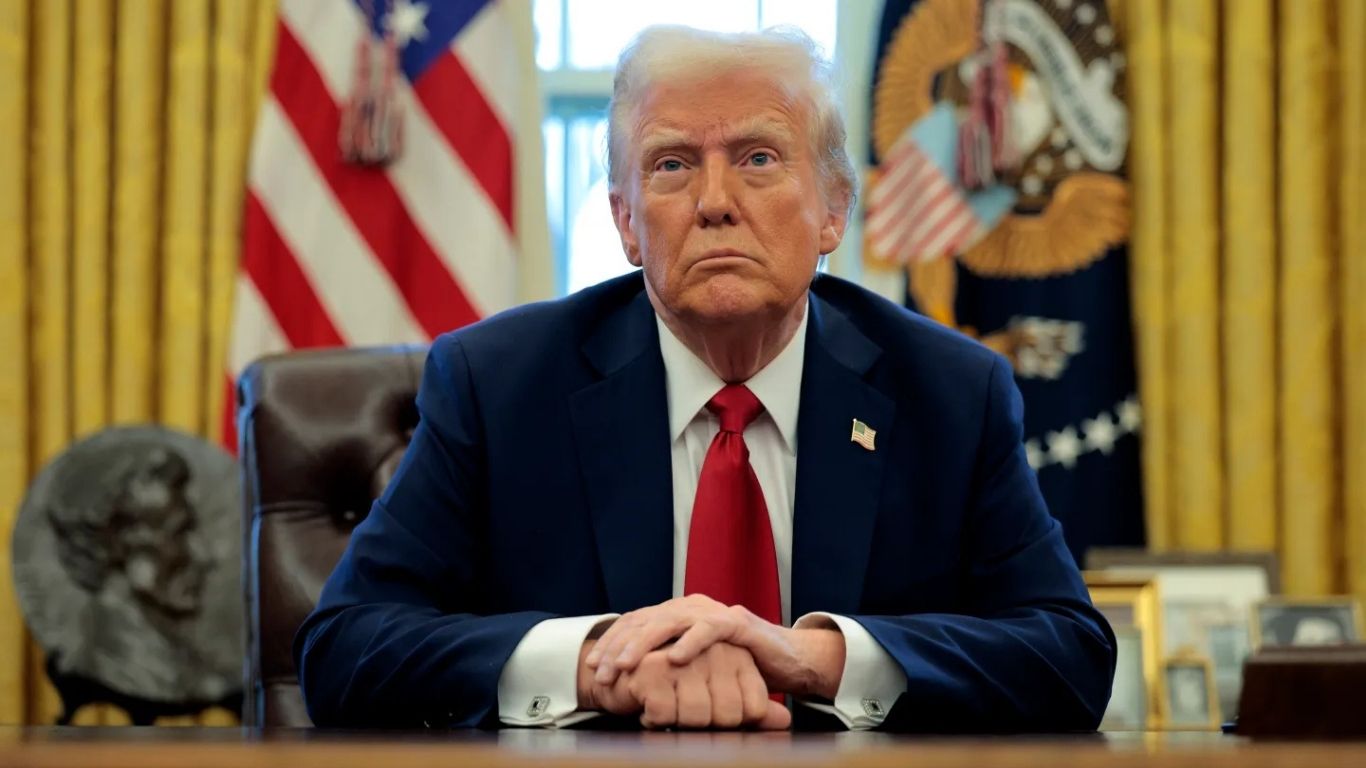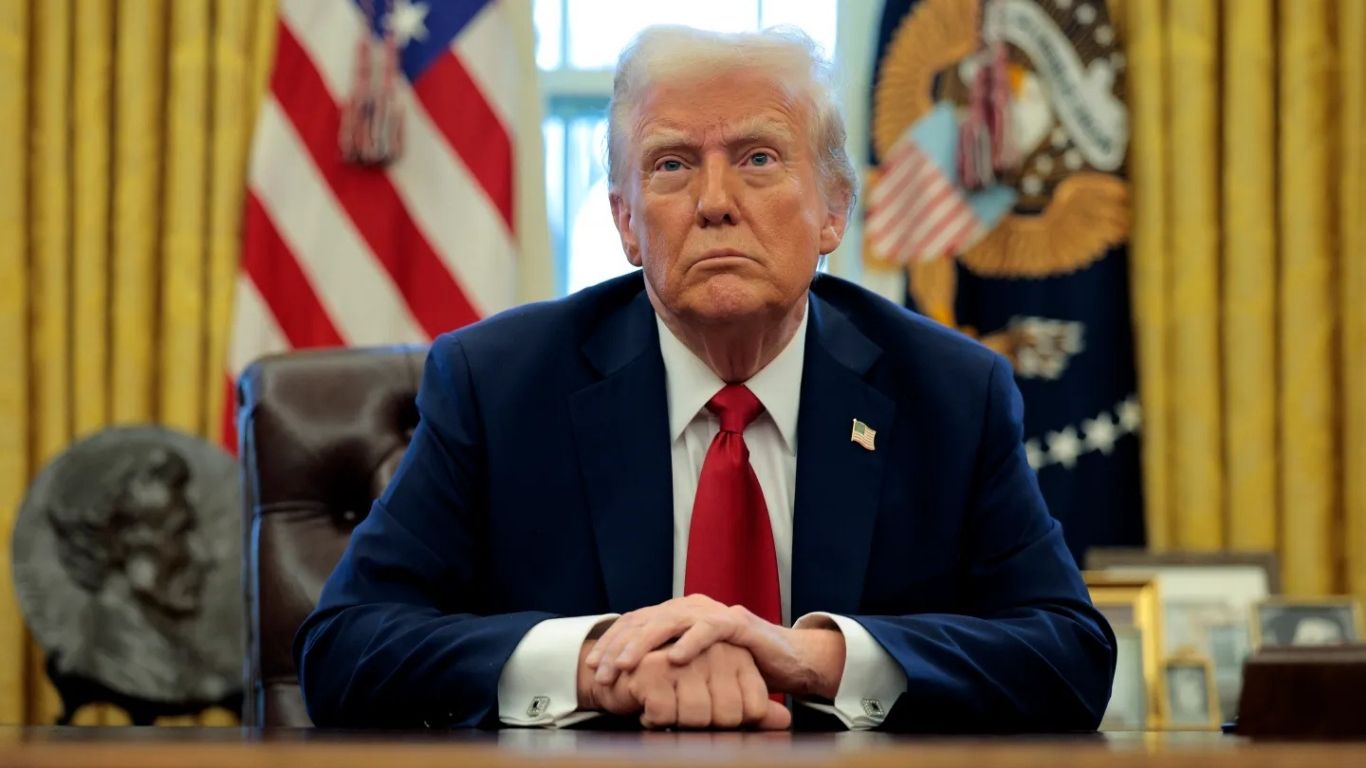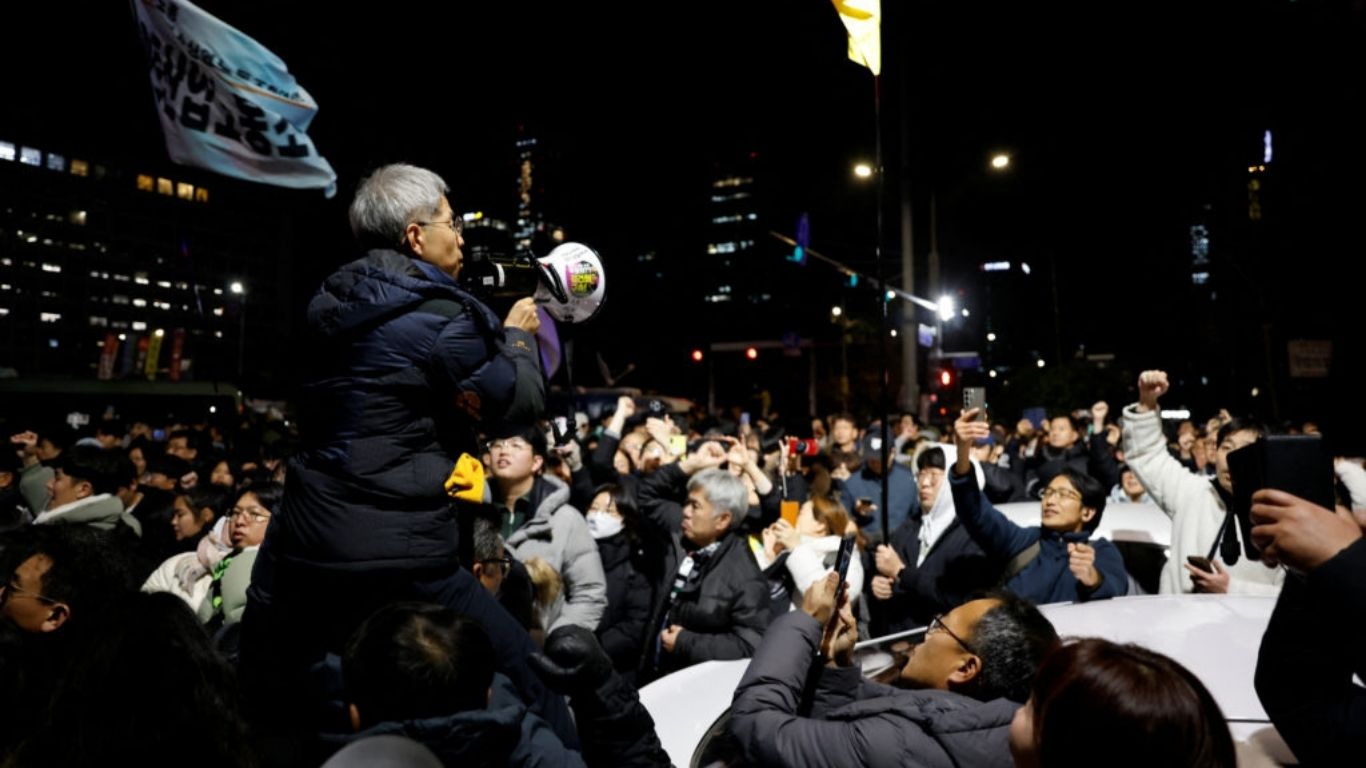At a time when democratic institutions around the world are coming under increasing stress—from growing authoritarianism to political polarization—the elements that make democracies work, and equally their weaknesses, assume greater significance. Democracy, if not the best, is considered the gold standard of governance that enables the will of the people to dictate their future through free and fair elections. Yet, unfolding developments in Venezuela, Hungary, and even consolidated democracies like the United States have shown just how fragile this system can be.
Preserving democracy in the 21st century depends on addressing those conditions that make it resilient yet vulnerable.
What Works in Democracies?
Democracies work properly when their fundamental elements—popular sovereignty, rule of law, individual freedom, and political equality—are respected. These values guarantee that power stems from the people and is balanced by strong institutions.
For instance, Norway has always been the leading democracy in the world. This is according to the Democracy Index 2024 by the Economist Intelligence Unit; stability in Norway is based on solid institutions and transparency, allowing respect for human rights. Civic engagement with government is demonstrably active, and the independent judiciary ensures accountability is high and low.
The elements, which are basically indispensable in the making of effective democracies at work, would include the following:
1. Strong Institutions: These should be truly independent courts, electoral commissions, and legislatures that prevent the abuse of power.
2. An Informed Citizenry: This mostly revolves around the education of the voters and media literacy, so as to make informed choices reflecting the very best interests at heart.
3. Freedom of Expression: Engaging in a public debate allows and enables innovative ideas that make and keep societies resilient to new challenges.
4. Economic Equity: Reducing income differences makes possible representative voices and reduces pressure on society.
Why Democracies Fail
Though democracies promise many good things, none of them holds immunity against failures. Without possessing the right mix of ingredients for democracy, it can descend into anarchy.
1. Corruption and Weak Institutions: Corruption and dismantling of the checks and balances system in countries like Venezuela, once presumed to be the model of democracy, have given birth to a blatant, no-holds-barred form of authoritarianism. In Venezuela today, the politicized judiciary, subservient to the political elite, has completely failed to stand up for democratic norms.
2. Polarization: Deep partisan divides have crippled decision-making processes and eroded confidence in democratic processes within the United States. Fully 64% of Americans say the nation is more divided today than it has ever been, according to a Pew Research Center study.
3. Misinformation: Digital communications have magnified the proliferation of spurious narratives to influence elections and erode public confidence in democratic processes.
4. Economic Inequality: Maldistribution of income concentrates power in the hands of a few, a dynamic seen in those countries trending toward oligarchy.
5. Authoritarian Drift: Democratic processes have been used by leaders—Viktor Orbán in Hungary as the best example—to amass power, weaken opposition, and limit basic freedoms.
Lessons from Successes and Failures
The transition to democracy in South Africa in the 1990s from a regime of apartheid was done peacefully and therefore is unique. It built institutions with the purpose of reflecting the will of its diverse population under the leadership of Nelson Mandela. More recent challenges, however, have brought home the need for eternal vigilance.
The case of Venezuela, in contrast, shows how mere mismanagement of the economy and weakened institutions can bring down a democracy. Once one of the most prosperous nations in the world, populist policies focused more on short-term gains than institutional integrity hastened its pace toward an authoritarian regime.
The Road Ahead: How to Strengthen Democracies
With the rise of pressing challenges—like climate change, inequality, and technological disruption—there is now pressure on democracies to reform if they are to work effectively. Some of these critical reforms and proactive measures should focus on the following:
Strengthening Institutions: States must ensure that judiciary systems, anti-corruption bodies, and electoral commissions are independent.
Countering Inequality: Fair Wealth Distribution The policies that guarantee fair wealth distribution could make sure that no part of the population gets frustrated with democracy.
Promote civic education: an informed electorate is the backbone of every democracy, and schools and media organizations have to take due interest in democratic values.
Fight disinformation: it is high time that governments and technology companies come together to stop abusive content without compromising the principles of free speech.
With COP30 being hosted by Brazil in Belém this November 2025 and all eyes focusing on how Brazil shows up to democratic governance and environmental preservation, moments like these remind us that democracy is not purely a national affair; it’s very much global.
Conclusion
Democracy, as self-government, works optimally only through popular involvement and constant defense with full adherence to democratic principles. Its weaknesses are superficial, as indeed its strength lies in adapting to problems and reflecting the thoughts of the people.
That is to say, in the words of Barack Obama, former President of the United States, in his most famous speech: “Democracy is not a gift from government to the people; it is a gift from the people to themselves.” Which course we chart for ourselves today shall determine whether that democracy would prosper as the most inclusive, most honest system of rule.




